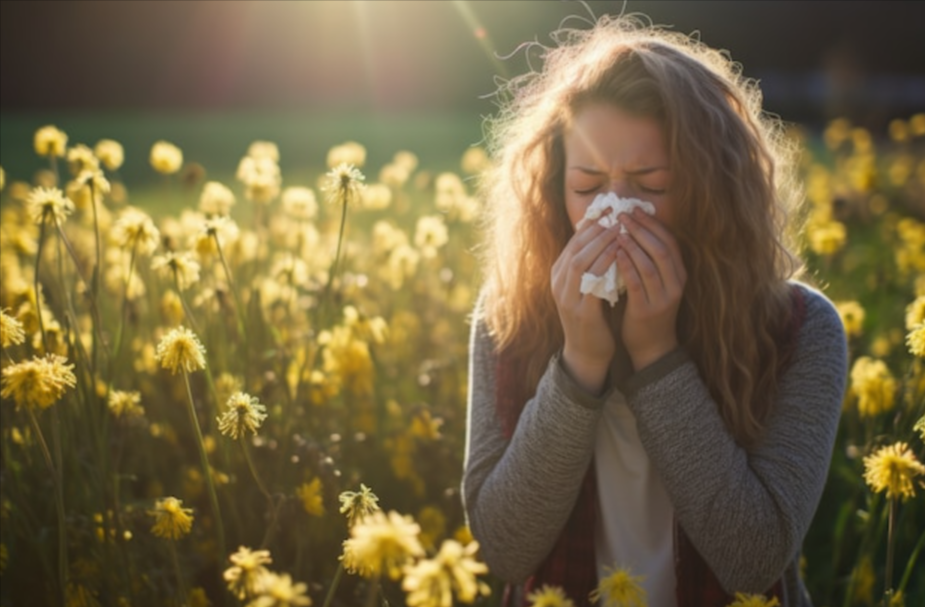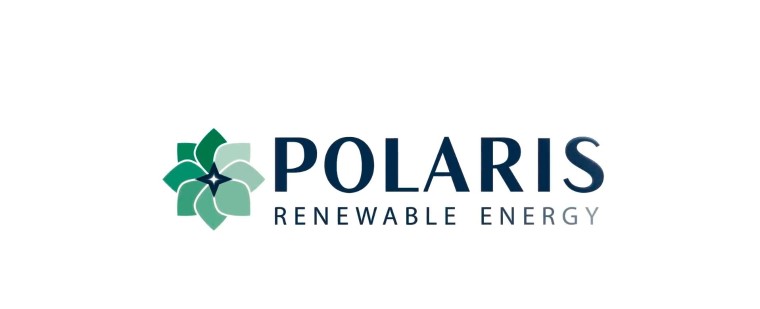For American travelers suffering from hay fever, choosing the right European destination this summer is crucial. New research from Hellotickets reveals the worst cities for pollen allergies. Zurich tops the list for early summer, while Milan and Athens are particularly problematic in July and August. Dr. Claire Merrifield, GP and medical director at Selph, emphasizes the importance of researching pollen counts and preparing for symptoms to ensure a more enjoyable travel experience.
Allergies don’t stop when we go on holiday, but pollen data can help us make the right destination choices for seasonal hay fever.
New research from Hellotickets reveals the best and worst European travel destinations for American allergy sufferers this summer. More than 80 million Americans (25%) suffer from allergic rhinitis (hay fever), and going abroad offers no escape, especially when exposed to new plant species and seasonal differences in high pollen counts.
Using data from the Copernicus Atmosphere Monitoring Service and the most searched European destinations by Americans from Google Travel Insights, Hellotickets has analyzed the plant species, pollen counts, and seasonal differences to find out where and when Hayfever sufferers should travel to avoid pesky allergy symptoms.
Reykjavík, Iceland, has come out top overall as one of the best destinations, with low pollen counts and low levels of other allergens all year round, along with Portugal, specifically Lisbon, which has been ranked highly for its low year-round tree pollen levels.
Milan and Copenhagen, however, are some of the worst cities for pollen allergies, with the highest pollen counts in several months of the year.
Topline Results:
Tree Pollen: Iceland and Portugal are two of the best countries year-round for this allergy, specifically Reykjavik and Lisbon. Grass Pollen: Reykjavik offers the most respite for 5 out of 12 months in the year, with Dublin also a good choice during certain time periods. Weed Pollen: Reykjavík and Edinburgh are the most suitable destinations for the summer. Reykjavík is clearly one of the best cities to visit for seasonal allergy sufferers, as it has some of the lowest pollen levels overall and is nearly always one of the best cities for allergens year-round.Commenting on the study, Dr. Claire Merrifield, GP and medical director at Selph, said, “People that suffer from hay fever may find that they actually have fewer symptoms, or in some cases, worse symptoms, when they are abroad. This is because types of pollen vary across different countries, and the varying climate and weather also mean the pollen seasons can be vastly different.
Some people find that when they move to a different country, they develop new hayfever symptoms. This is because they are exposed to different types of allergens that their immune system has never seen before.
Bad hayfever symptoms can really take away the enjoyment of traveling abroad, so it's definitely worth thinking ahead if you do suffer from hayfever, researching the pollen count in the country you are visiting, and preparing yourself to tackle the symptoms whilst you're away."
Weather, location, and pollution also play a big role.
While coastal cities tend to have a lower pollen count, especially due to humidity, there are multiple factors that will play against that, such as inland winds, pollution, and other weather conditions.
Humidity reduces the symptoms, and light to moderate rain can help, but heavy rainfall can burst apart the pollen into smaller particles and increase the concentration of pollen.
Pollution, especially ozone, does have a negative impact on allergies as well. Air pollutants can change the composition of pollen, increasing the potency of pollen allergens and triggering stronger allergic reactions. On top of that, research shows that plants grown in polluted areas release more pollen for a longer period of time.
The weather and wind are unpredictable when planning the holidays ahead of time, but avoiding highly polluted cities during the peak time of your pollen allergy will help a lot.
To prevent further hay fever symptoms while on vacation, Dr. Merrifield recommends: "It seems obvious, but spending less time outside when the pollen count is high is a good start. If you can, shower and change clothes when you return home to reduce the pollen load in your temporary living space. If you suffer from hay fever, it’s a good idea to bring a supply of medications you know will work for you. I’d recommend taking eye drops, nasal spray, and antihistamine tablets."





